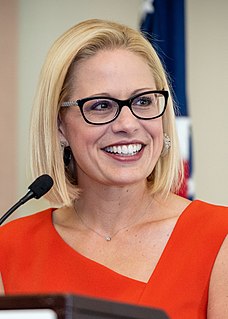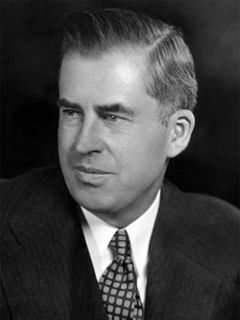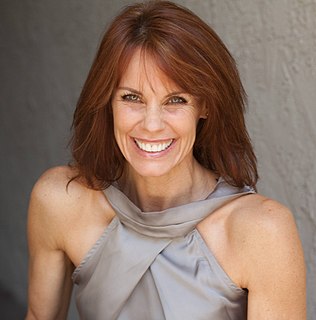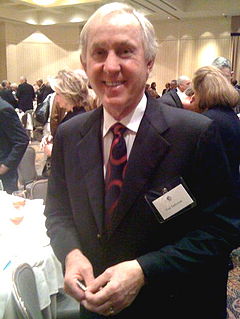A Quote by Benedict Groeschel
We are developing in the United States a huge underclass of unwanted people, many of them the descendants of the exploitation of the South American and Latin American countries by American piratical capitalism. Not all capitalism is piratical, but some of it certainly is. And we have a fantastic gap beginning to exist between rich and poor.
Related Quotes
Everything that everyone is afraid of has already happened: The fragility of capitalism, which we don't want to admit; the loss of the empire of the United States; and American exceptionalism. In fact, American exceptionalism is that we are exceptionally backward in about fifteen different categories, from education to infrastructure.
A huge dollar bill is the most accurate way to teach children the real motto of the United States: In the Almighty Dollar We Trust... Until the average American realizes that capitalism damages her livelihood while augmenting the livelihoods of the wealthy, the Almighty Dollar will continue to rule. It certainly is not ruling in our favor.
There's a real difference between venture capitalism and vulture capitalism. Venture capitalism we like. Vulture capitalism, no. And the fact of the matter is that he's going to have to face up to this at some time or another, and South Carolina is as good a place to draw that line in the sand as any.
We often forget that Iran has a long tradition and history with the United States. Iranians have been coming to the United States as students for decades. American businessmen were in Iran developing the oil fields. ...There was an American financial advisor to the Iranian government in the early part of the century.
Like Hillary Clinton in the United States, Kuczynski is a prototypical member of the trans-American governing class, with deep roots in both the private and public sector and its revolving-door relationship between Washington think tanks, the State Department, and high-level Latin American ministries.
The American Dream has really good PR. It's kind of difficult to live in the United States and not on some level be pulled into the allure of the American Dream. It's in the DNA of the country. So, for a population coming out of slavery, desperate to become part of the full life of the United States, it only makes sense that they would embrace this route to the American Dream.
People think what's in the US today is capitalism. It's not even close to capitalism. Capitalism doesn't have a central bank, capitalism doesn't have taxes, it doesn't have regulations; capitalism is just voluntary transactions. What they have in the US today I call crapitalism. But it's sad that so many people are confused and they think, 'Oh that's free markets in the US', when it's one of the least free market countries on earth.



































